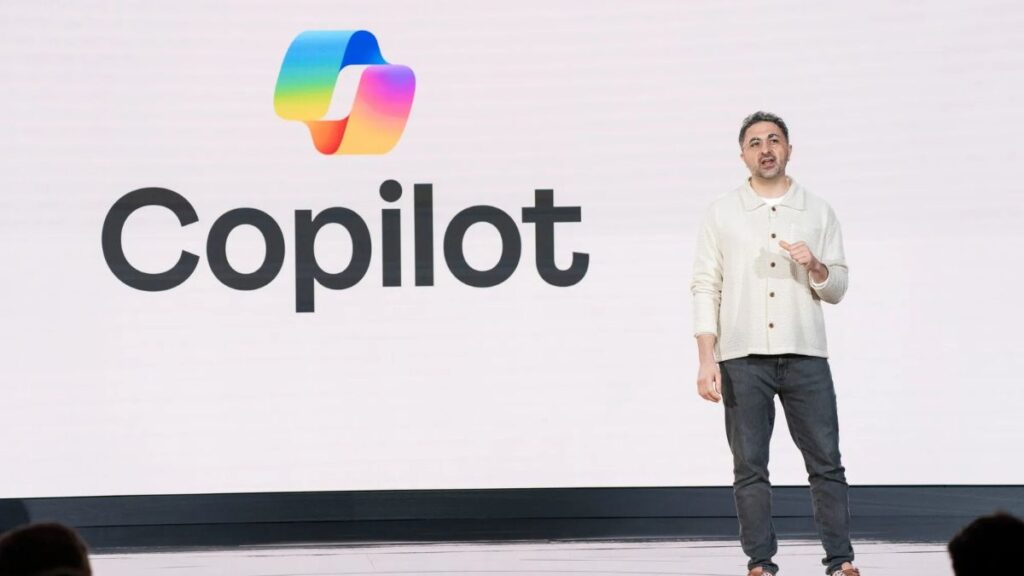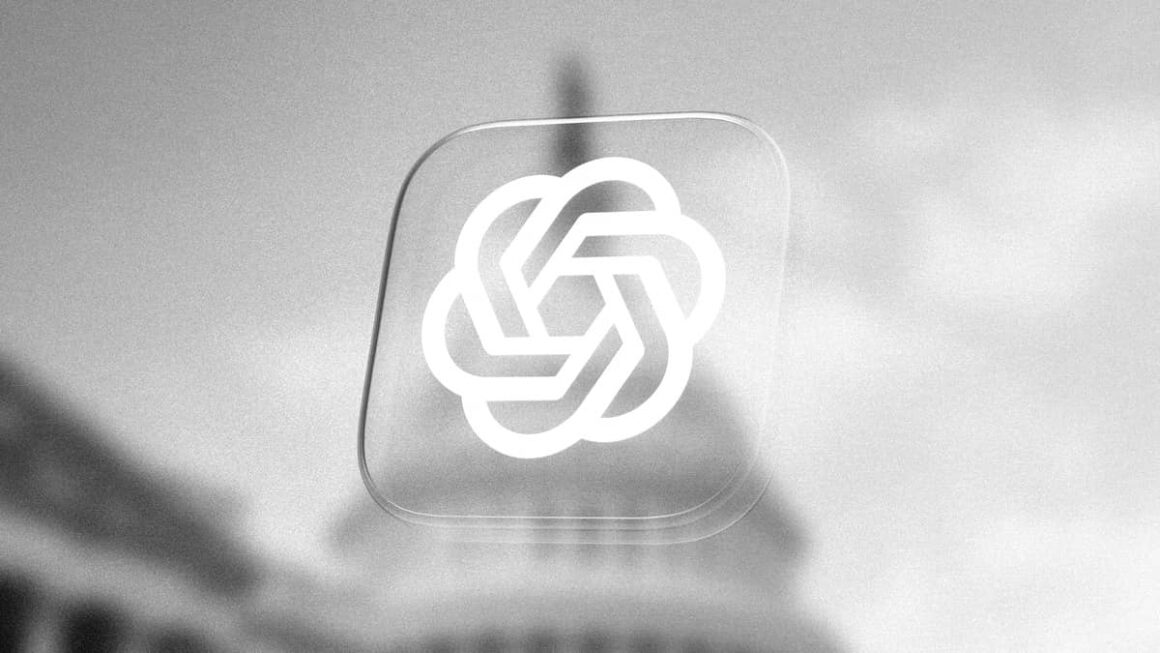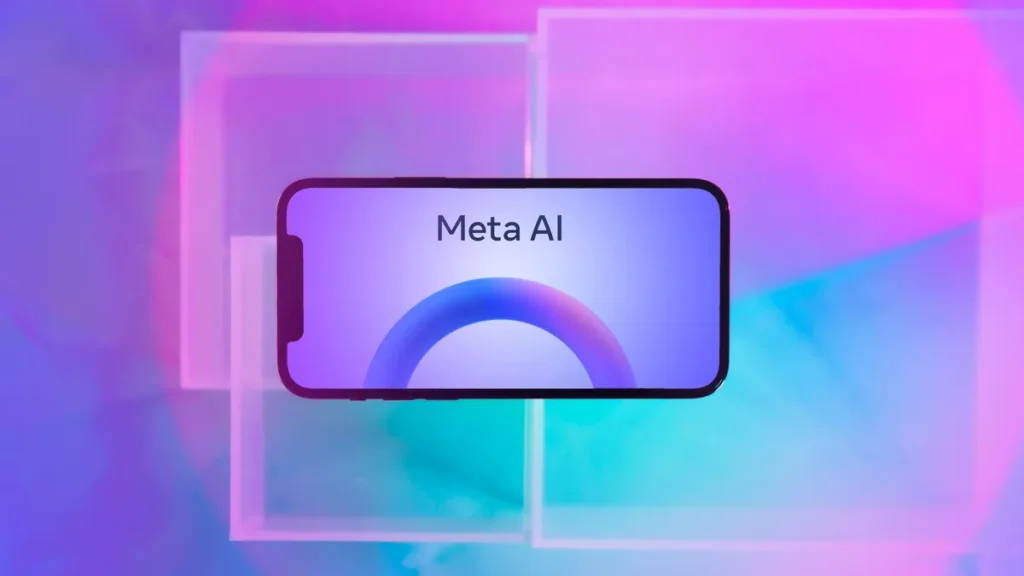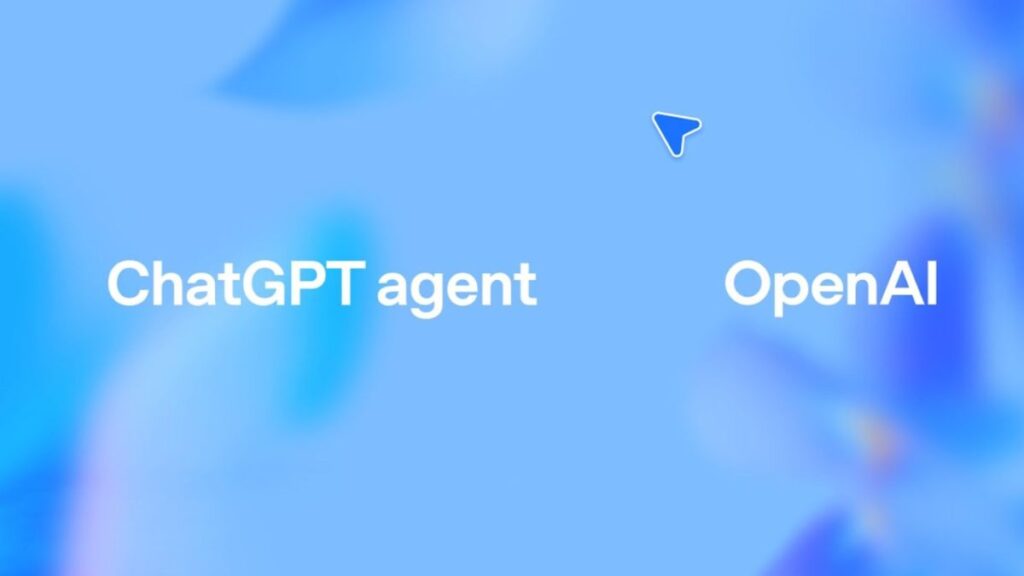In 2018, a course at Columbia University, “Reinforcement Learning in AI,” became the starting point for a groundbreaking project.
Max Li and his team developed OORT, a decentralized AI platform, to address a major issue: the high cost of computing resources required for AI development.
The Classroom Challenge
Training AI agents requires significant computing power and storage, which can be expensive.
For many students, the cost of cloud services like Amazon and Google’s offerings was out of reach. This led Li to ask: Could there be a more affordable, decentralized alternative?
Creating a Decentralized Solution
Li’s team turned to blockchain technology to create a solution. They developed a decentralized cloud system that allowed individuals to contribute spare computing power, storage, and bandwidth. Blockchain ensured security and transparency, while cryptocurrency enabled fast, low-cost transactions.
This system, originally designed for Columbia students, quickly evolved into a broader concept. It became the foundation for Decentralized AI (DeAI) and Decentralized Physical Infrastructure Networks (DePIN).
DePIN connects global resources like storage and computing power, while DeAI uses these resources to train AI models in a decentralized manner.
Benefits of Decentralized AI
Decentralized AI offers several key advantages:
- Cost Reduction: Making AI training and deployment more affordable for everyone.
- Data Privacy and Security: Enhanced transparency and control over data.
- Global Accessibility: Providing equal access to AI tools, regardless of location or economic status.
Challenges and Future Outlook
Building decentralized infrastructure has come with challenges, such as ensuring network reliability and data security. However, the potential of decentralized AI remains strong.
It offers a more open and accessible future for AI development, where anyone, anywhere, can contribute to and benefit from the technology.
As decentralized AI gains momentum, 2025 could be a pivotal year for its mainstream adoption.
With blockchain and AI integration, the technology is poised to revolutionize industries and provide new opportunities for innovation.
Thanks to Forbes for covering this incredible story, this is a reduced version of their take on the same topic.





